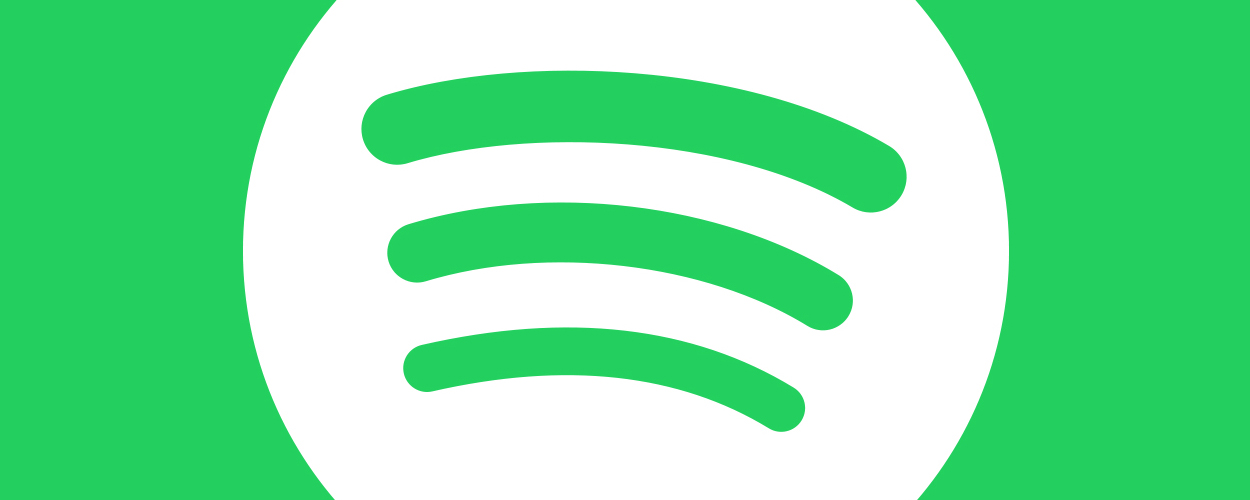This website uses cookies so that we can provide you with the best user experience possible. Cookie information is stored in your browser and performs functions such as recognising you when you return to our website and helping our team to understand which sections of the website you find most interesting and useful.
Business News Digital
Spotify confirms it has suspended its premium service in Russia
By Chris Cooke | Published on Thursday 10 March 2022

Spotify’s Chief Financial Officer Paul Vogel confirmed yesterday that the company is no longer selling advertising and subscriptions in Russia as part of its boycott of the country in response to the war in Ukraine.
The streaming firm announced last week that it was closing its Moscow office in protest at Russia’s invasion of Ukraine, though said its service would continue to be available in the country because it felt it was important to continue providing Russians with access to global content, especially news-based podcasts from outside Russia.
Vogel was speaking at Morgan Stanley’s Technology, Media And Telecom Conference in San Francisco. As well as no longer accepting ads from Russian companies, he confirmed that Spotify had also suspended its premium service in Russia. Of course, with credit card companies and online payment providers also boycotting the Russian market at the moment, users wouldn’t be able to pay for a Spotify subscription anyway.
According to Variety, Vogel also outlined to his audience of investment types what the commercial impact will likely be of Spotify pulling advertising and subscription sales in Russia. He said that the move will probably result in the loss of about 1.5 million premium subscribers. However, he said, Russia accounts for less than 1% of the streaming firm’s total revenue.
Talking of Spotify subscriber numbers, Vogel also alluded to the controversy around the Joe Rogan podcast that hit the streaming firm earlier this year, and the resulting removal of content from the platform by various artists and creators, and the subsequent online campaign encouraging music fans to switch to a rival streaming service.
Although he noted that when a company is “going through a little bit of controversy, there’s always going to be some impact”, he also suggested that the impact in terms of cancelled subscriptions wasn’t hugely significant. Prior to the changes in Russia, he said, the company was “trending ahead of its quarter one guidance of adding a net eight million total users, including three million paying customers”.





